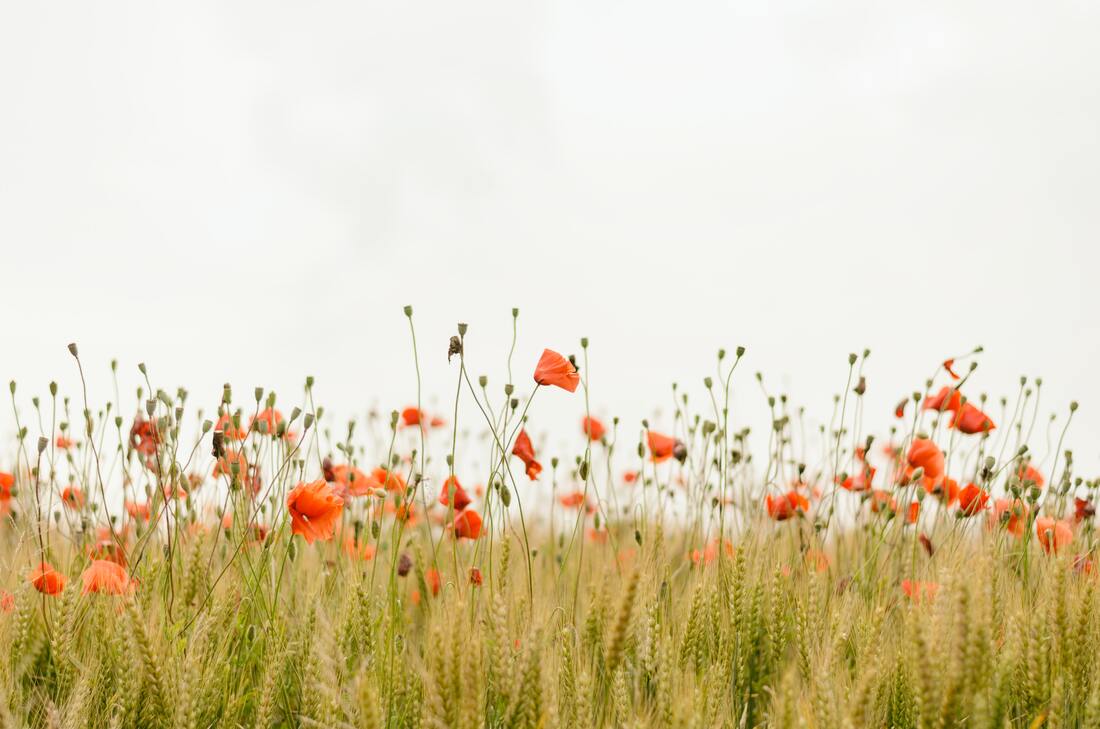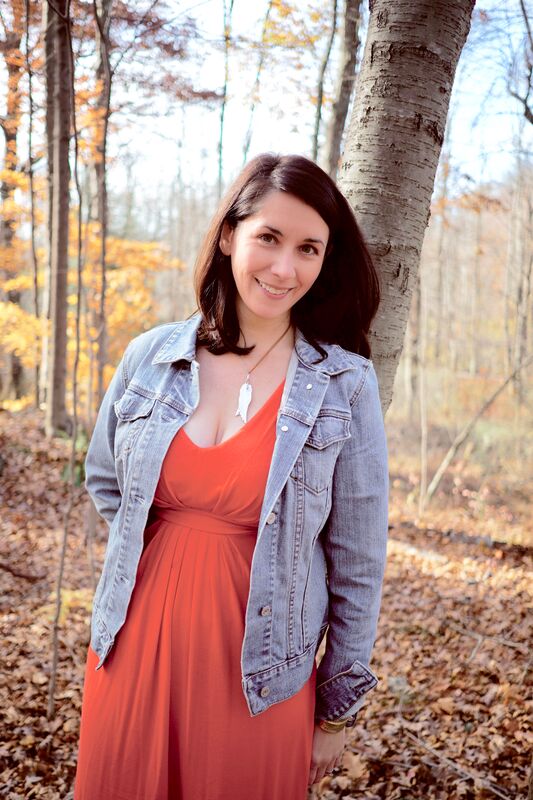The Blog |
|
Before you even read this, let me just say… I love you. If you’ve done some or all of the things that I'm about to mention, I am not judging you! I’ve done these things myself. A delightful side effect of the Stay at Home Orders around the country has been people’s desire to reconnect with nature. Mainly gardening- it’s super hot right now. The HUGE downside? Not all plants are created equal, and how are you supposed to know which are the good ones and bad ones!? Well, I’m going to tell you. #1
Many nurseries and certainly ALL big box stores, like Home Depot, don’t care about the negative effects of their plant choices on the environment. Many non-native plants are sold because they’re ‘pretty’ but have terrible long term effects on our landscape. Non-native plants often require more babying because they’ve not evolved with your local climate. Meaning they often need more water or fertilizer in order to stay looking pretty. Other non-native plants don’t require much because they are plagues on the land and feed on happiness like dementors. Shrubs like burning bush and barberry may be flashy at certain times of the year, but they have no natural predators or checks-and-balances because they didn’t evolve here. They’ll also jump your garden walls and spread like wildfire. In doing so, they outcompete for space and resources and sometimes smother native plants. These are considered ‘invasive’ and while they’re banned in some states, they’re not illegal everywhere, like they should be. #2 Native plants have spent thousands of years evolving with native insects, including butterflies and bees. The plants providing nutritious food and homes for the pollinators and the insects performing the important function of fertilization. But non-native plants don’t play by the rules. Picture this... a new restaurant in town opens up and you walk in to see the most beautiful food imaginable! But when you go to take a bite, it’s all made out of cotton candy, and what seemed like nutrient-rich food turns out to be a waste of calories with nothing real to offer. Let’s expand this scenario: what if you didn’t have any mode of transportation and this restaurant was the only place you could eat for your entire life? Many of our sweet native little insects don’t travel far from where they were born, so they don’t have the option of leaving to find better feeding grounds. It’s super important that each and every yard creates a healthy ecosystem for our wild neighbors. To be clear, not all non-native plants are bad. Some plants are non-native, but are not considered invasive because they don’t cause ecological disaster by spreading profusely on their own. #3 Finally, something that’s so dumb it hurts my brain… Places like Home Depot treat some plants with Neonicotinoids, a class of neuro-active agricultural insecticides that have been linked to the declining bee populations. Without knowing it, you could be bringing home poison in the food for THE pollinators you're trying to bring to your yard. So, now what? Before buying new plants for the garden, explore the Lady Bird Johnson Wildflower Center for plants that are native to YOUR area. You can search by location, amount of sun, and even height. Then, do a quick search for “Native Plant Flower Nursery Near Me” and I’m sure you’ll come up with some good options. These places are often filled with passionate, knowledgeable, and kind people. If you’re not sure about a plant, you can search "is 'insert name of plant' invasive?”. If it is in fact invasvei, if you're able to, remove that plant from your garden. Lastly, join a local pollinator & native plant gardening group group or follow #PollinatorPathway. You’ll connect with lots of folks who are also trying to support the insect populations and see inspiring pics of beautiful native gardens. I know it can be a lot, so take it one plant at a time. |
|
|
When the constant pursuit to do more leads to overwhelm and anxiety, it’s easy to find yourself feeling disconnected, exhausted, and missing the juiciest parts of life. For over 17 years, Lynn has been guiding people to reconnect with nature and ceremony, allowing them to reclaim a sense of purpose and embrace peace.
|
|
I acknowledge that I'm living and working on stolen land. The original peoples of what's now called New York, as well as the rest of this continent, were wrongfully & forcibly removed from their lands, suffered death, physical, and emotional trauma, and their culture intentionally fractured. I understand that Native Americans are still here; strong and thriving. I offer my condolences those the past, present, and future indigenous peoples who experienced harm, at the hands of colonizers, the colonial system, and systemic racism. I promise to do my best to be an ally, abolitionist, and accomplice. To support reparations and healing, in not just words, but in action. I understand that this statement is imperfect and only the first step.
Copyright © 2023 / Lynn Trotta / All Rights Reserved

 RSS Feed
RSS Feed
